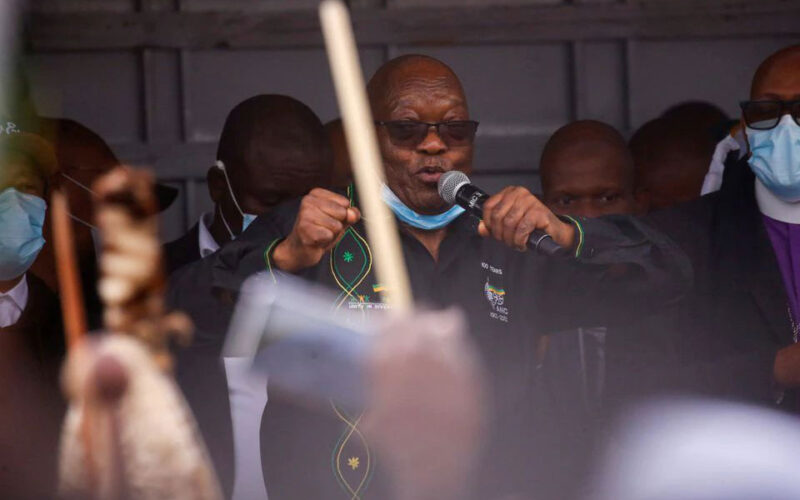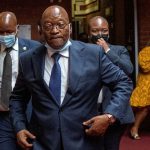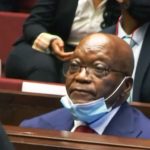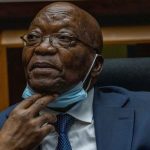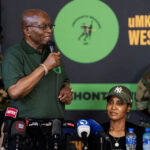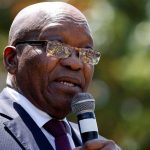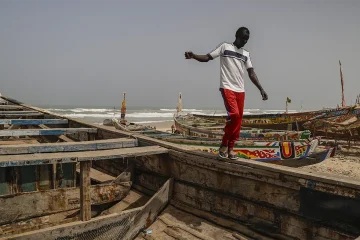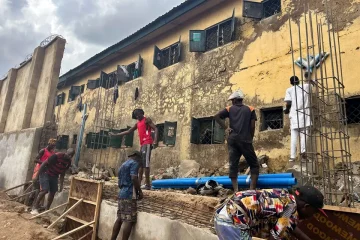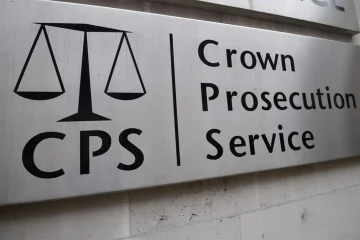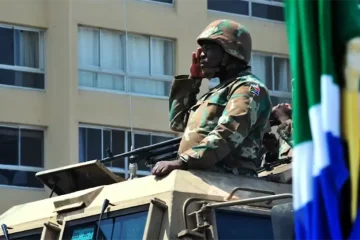AFRICAN MIRROR REPORTER
FORMER South African president Jacob Zuma is taking his fight for justice beyond the border of the country.
Hours after the attempt to get Zuma’s 15-month jail sentence rescinded by the Constitutional Court, the JG Zuma Foundation announced that he would approach the African Court on Human and People’s Rights (ACPHPR) for relief.
“H.E Prez Zuma has been in consultation with his legal team on various recent developments.
He has given his lawyers instructions to take the legalisation of detention without trial by Acting Chief Justice Zondo & the ConCourt to the African Court on Human & Peoples Rights,” the foundation said in a statement.
Zuma’s move follows a decision by the majority of the nine judges of the Constitutional Court, the highest court in SA, that his application for a rescission of his sentence did not meet the requirements for such an application to succeed. The first requirement is that an applicant had been absent from court proceedings and judgment against them, and the second is that an error in the law had been made.
In his application to the ACHPR, Zuma is expected to rely more on the minority judgments of Judge Leona Theron and Chris Jafta.
The two judges, whose findings have been applauded by the JG Zuma Foundation, found that Zuma’s sentence without an option of an appeal was in effect detention without trial. They also found that the contempt of court judgment was unconstitutional and not compliant with international law.
The two judges also found that the limitation of Zuma’s rights was not justifiable and that his detention was unconstitutional, invalid and should be set aside.
Zuma, who has served two of his 15 months sentence, has been granted medical parole and will serve the rest of his sentence outside prison. The decision to grant him parole is being challenged by the Democratic Alliance and the Helen Suzman Foundation.
In the majority judgment – read by Judge Sisi Khampepe – the judges said the rescission application was a misdirected attempt to bring his defence to contempt proceedings when “the horse has effectively bolted”.
“Mr Zuma had multiple opportunities to bring these arguments to this Court’s attention. That he opted not to, the effect being that the order was made in the absence of any defence, does not mean that this Court committed an error in granting the order. In addition, and even if Mr Zuma’s defences could be relied upon in a rescission application, to meet the “error” requirement, he would need to show that this Court would have reached a different decision, had it been furnished with one or more of these defences at the time,” Khampepe said.
On Zuma’s submission that they took into account hearsay evidence in determining his sentence, Khampepe said:
“Mr Zuma submits that this Court erroneously took into account hearsay evidence when determining the appropriate sanction. Again, the majority judgment reasoned that this Court was entitled to take these statements into account and found that to adjudicate the matter without considering them would be to do so with one eye closed.
“We need not, nor can we, in rescission proceedings, return to an issue that has already been addressed. The same is true of his submissions in respect of how this Court “singled him out” and “tailor-made” his sanction on account of his position as former President.”
In respect to the former president’s argument that Constitutional Court Judge Dhana Pillay should have excused herself, the court found that the submissions were unfounded and unmeritorious.
Khampepe said: “These vitriolic comments beg only one question: if Mr Zuma took issue with Pillay AJ’s participation in this matter, why was this not raised upfront in the contempt application – why was no recusal application brought? None of the “grounds” advanced constitutes rescindable errors.”
On Zuma’s allegation that the majority decision to jail him infringed his constitutional rights, the judges said:
“Importantly, these issues were substantively ventilated in the contempt judgment, which did not, as Mr Zuma suggests, consider his absence as a waiver of his constitutional rights. These issues were debated at length, by both the majority and the minority judgments.
Of course, Mr Zuma’s preference for the minority judgment’s conclusion over that of the majority was to be expected. But the fact that the minority differs from the majority does not give rise to a rescindable error.”
It was the latest legal setback for the 79-year-old anti-apartheid veteran from the ruling African National Congress, whose presidency between 2009-2018 was marred by widespread allegations of graft and malfeasance. He denies wrongdoing.
NEW TRIAL STARTING
Zuma’s jailing on July 7, after handing himself over to police at the last minute, triggered some of the worst riots and looting in decades, with more than 300 people killed and thousands of businesses pillaged and razed.
The violence, which President Cyril Ramaphosa described as a “failed insurrection”, was also fuelled by frustration among largely Black communities still in squalid conditions long after the ANC swept to power in South Africa’s first democratic elections in 1994.
A former senior intelligence operative with the ANC’s then banned military wing uMkhonto we Sizwe before rising to the highest office, Zuma says he is the victim of a political witch hunt and that acting Chief Justice Raymond Zondo is biased.
Zondo served as chairman of the graft inquiry.
Ousted as president by Ramaphosa in 2018, Zuma faces a separate corruption trial linked to his sacking as deputy president in 2005, when he was implicated in a $2 billion government arms deal.
That long-delayed trial against Zuma, who denies multiple charges including corruption, racketeering and money laundering, continues next week.
– African Mirror Reporter and Thomson Reuters Foundation

